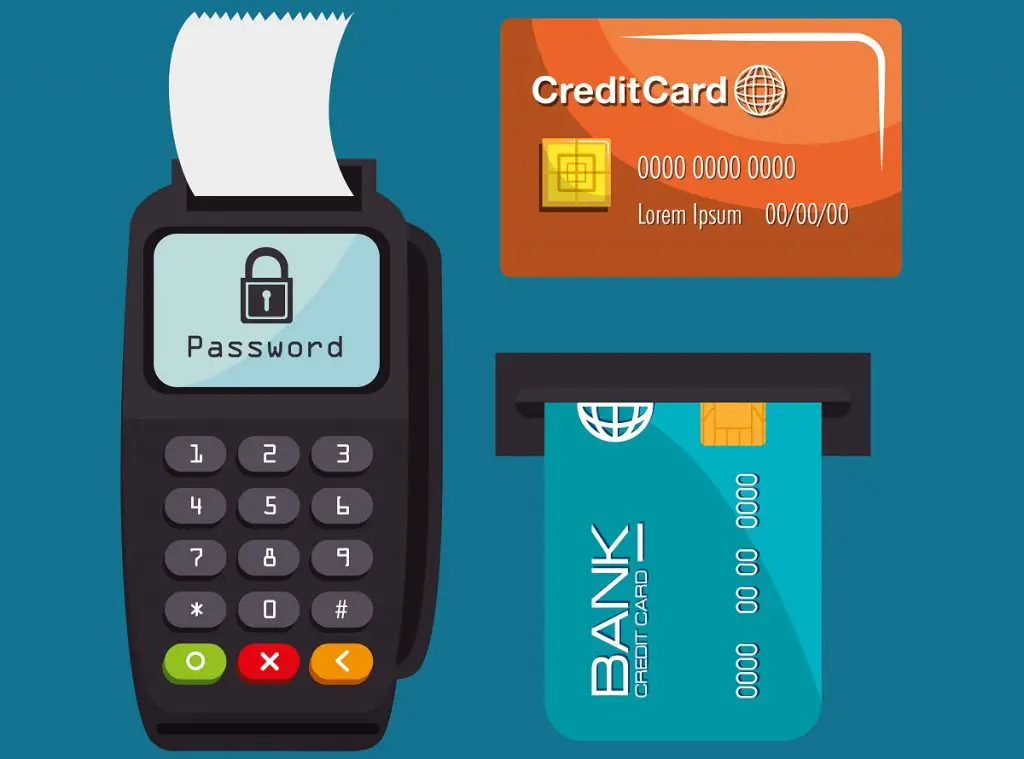E-commerce platforms are helping soften the economic blow of the covid-19 pandemic and the Ugandan government is helping them flourish.
By fostering an enabling environment for e-commerce and the digital economy, Uganda has seen a triple-digit increase in business following the outbreak of the pandemic.
As the pandemic continues ravaging the global economy, the World Bank notes that Uganda’s real GDP growth is projected to hover below 2 per cent in 2020 compared with the almost 5.6 per cent in 2019.
Read: e-Commerce deal to link Kenyan SMEs to markets
But, the Pearl of Africa has not been sitting on its laurels and as part of its response to the pandemic’s economic fallout, the government is at the forefront of promoting e-commerce and digital solutions for faster recovery from the crisis.
According to UNCTAD, the country has worked with mobile phone operators to reduce fees for digital services and offer complimentary internet data packages to consumers to facilitate cashless transactions.
The country is also using digital media to disseminate health messages and fight misinformation while also strengthening public-private sector cooperation to improve trade logistics and enhance the supply of digital services. This is in line with UNCTAD’s recommendations.
With Uganda recording a boom in e-payment solutions in recent years, the country’s mobile money transactions have more than doubled in value between 2015 and 2019. The estimated value of this growth is from about US$9 billion to US$20 billion in the 4-year period, according to the country’s central bank.
The silver lining for the country’s economy during the pandemic is that the virus has amplified the uptake of e-payments and growth of local fintech solutions.
E-commerce and financial services mobile apps are among the beneficiaries of the growth where people are buying goods using mobile money, credit cards or bank transfers.
Xente, a fintech in the country, waived set-up and commission fees for small businesses for three months which saw a 10 per cent increase in business-to-consumer transactions and a 200 per cent jump in business-to-business turnover.
To keep up with the demands, the company has also launched a new service to ease online and mobile transactions and payments for micro, small and medium enterprises (MSMEs) which are hardest hit by covid-19.
Another app that has registered growth during this period is SafeBoda, a motorcycle taxi (bodaboda) hailing app.
The bodaboda app has also launched an e-commerce platform connecting vendors with customers where those in need of groceries place orders through the app and pay through its mobile wallet feature. The riders who are based at the market deliver the groceries.
Safeboda has evolved into an e-commerce platform boosting sales for those conducting business on the platform.
The app’s e-commerce platform is as a result of a partnership between the United Nations Capital Development Fund and SafeBoda Uganda with support from the Swedish International Development Cooperation Agency.
Safeboda gives vendors access to the app allowing them to sell goods while sustaining the livelihoods of 18,000 ‘bodaboda’ riders whose incomes have been affected by the pandemic.
Jumia Food Uganda is another app that joined forces with UNDP to boost its services by introducing contactless delivery and cashless payments in response to the pandemic.
Read also: Investing in Africa? Continent’s unlimited digital opportunities
Under the partnership, UNDP is aggregating seller groups and providing technical assistance to improve the firm’s capacity in packaging, tracking sales and technology adoption.
The partnership launched in May has seen over 3,000 market vendors from seven markets get connected where they are selling their produce on the Jumia platform.
Noteworthy is that more than 60 per cent of them are women, people with disabilities and the youth.
Shamika N. Sirimanne, UNCTAD’s director of technology and logistics hailed the partnership saying that it shows the importance of public-private cooperation with development partners.
The collaboration shows the added value of partners under the eTrade for all initiative, which empowers developing countries to benefit from e-commerce.
“Such partnerships help build the capacity of MSMEs through market-based digital solutions. We need more of them to strengthen e-commerce and digital ecosystems across Africa,” Sirimanne added.
